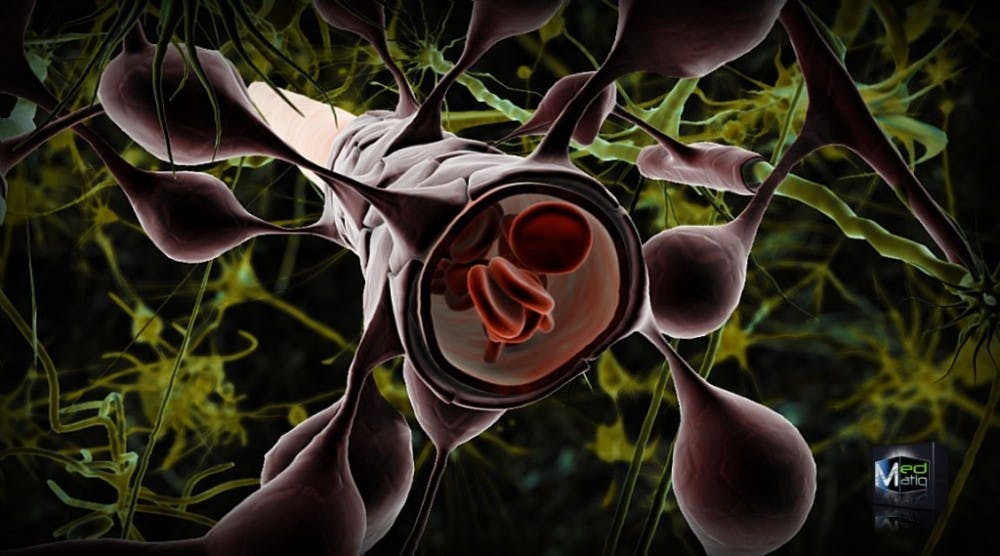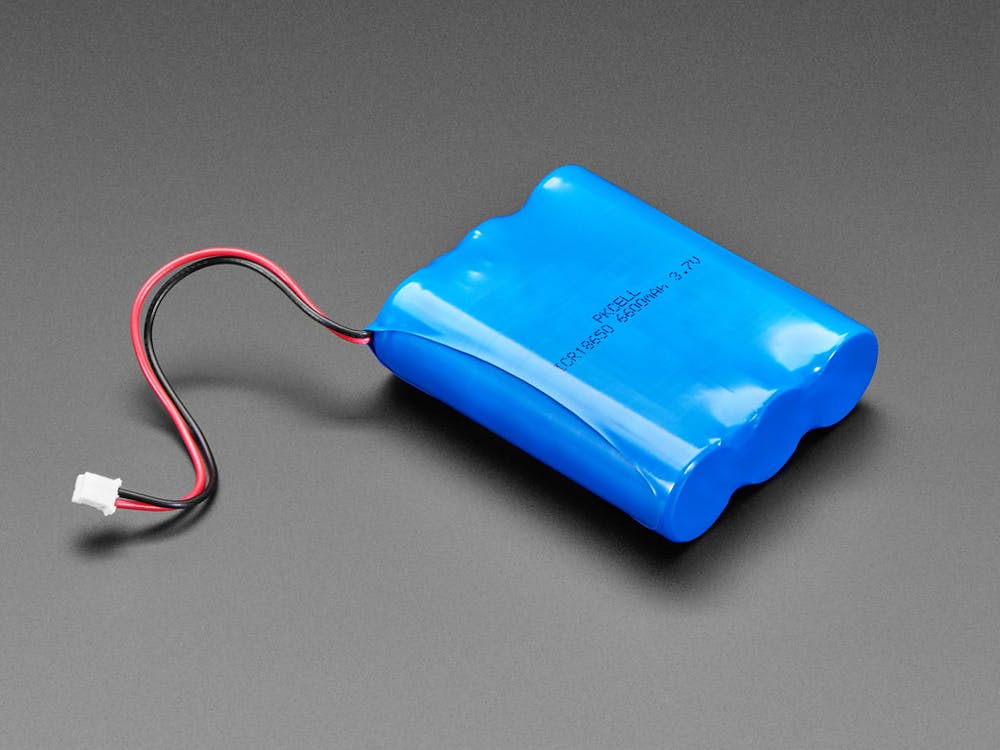Researchers at Cornell University have discovered a way to penetrate the blood brain barrier (BBB). This novel finding may soon allow direct drug delivery to the brain for disorders like Alzheimer’s disease and chemotherapy-resistant cancers.
The BBB is a layer of endothelial cells that acts as a barrier for entry to the brain and spinal cord tissue. It selectively allows molecules such as amino acids, oxygen, glucose and water to enter the bloodstream as they are necessary compounds that humans need in order to maintain brain function. Simultaneously the BBB prevents harmful material from entering a crucial and fragile part of the body.
Researchers and physicians have been searching for a way to bypass the BBB, since the BBB prevents therapeutic efforts to directly treat certain brain disorders.
Scientists from Cornell University have found that regadenoson (brand name Lexiscan), an FDA-approved drug, can activate adenosine receptors on these BBB cells.
“We can open the BBB for a brief window of time, long enough to deliver therapies to the brain, but not too long so as to harm the brain,” Margaret Bynoe, associate professor in the Department of Microbiology and Immunology in Cornell’s College of Veterinary Medicine, said in a press release.
Using this mechanism, her team was able directly to deliver chemotherapeutic drugs from the bloodstream into the brain’s of mice.
The team was also able to deliver larger-scale molecules into the mice’s brains, such as an antibody that binds to Alzheimer’s disease plaques.
Furthermore, Bynoe’s lab was also able to construct a BBB model primarily using endothelial cells from a human brain. In doing so, they had a model through which they observed Lexiscan operating and opening the BBB of a human brain in a similar manner to its workings in the mice brain.
Since Lexiscan is already FDA approved, the researchers are hopeful that their findings will be applicable in the near future.
“The potential for a breakthrough in drug delivery systems for diseases such as Alzheimer’s disease, Parkinson’s disease, autism, brain tumors and chemotherapy-resistant cancers is not far off,” Bynoe said.

















